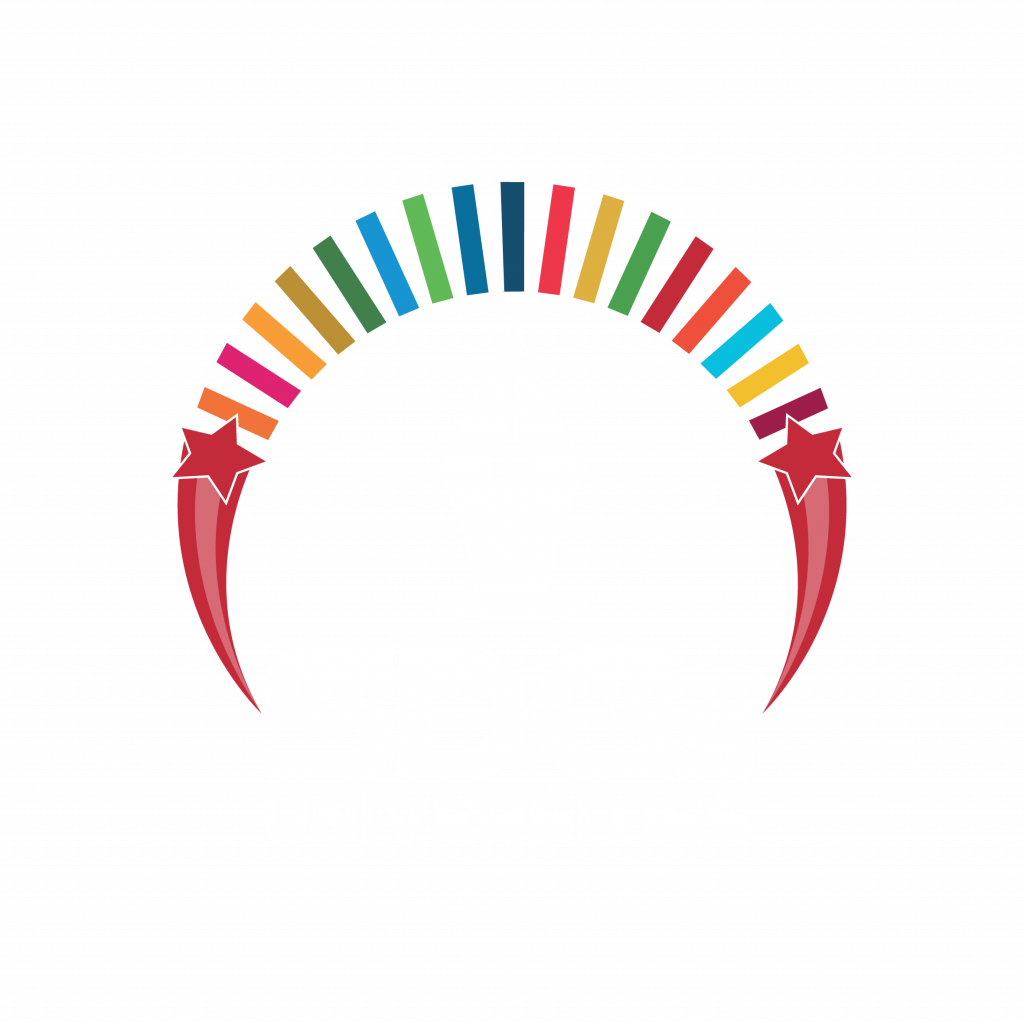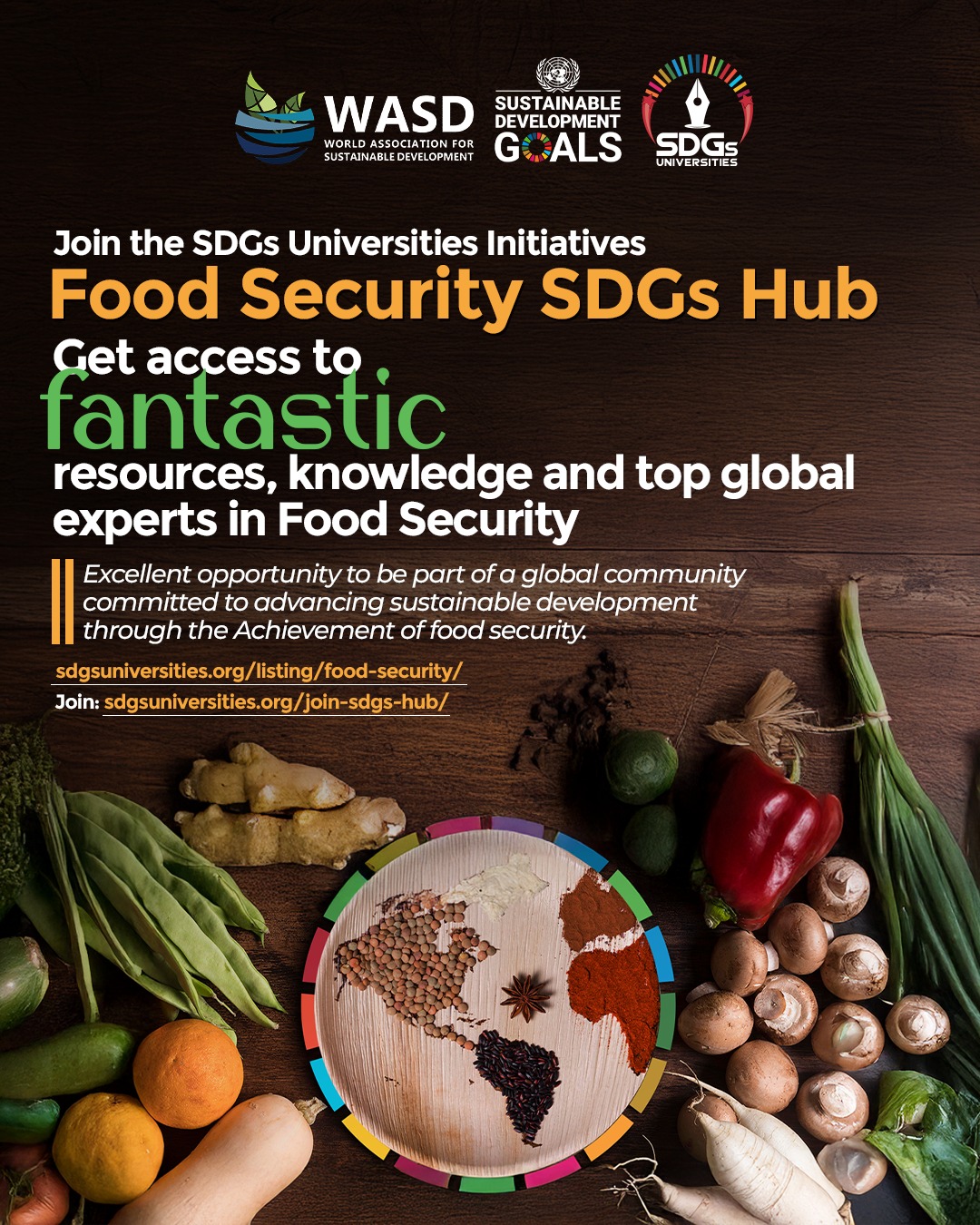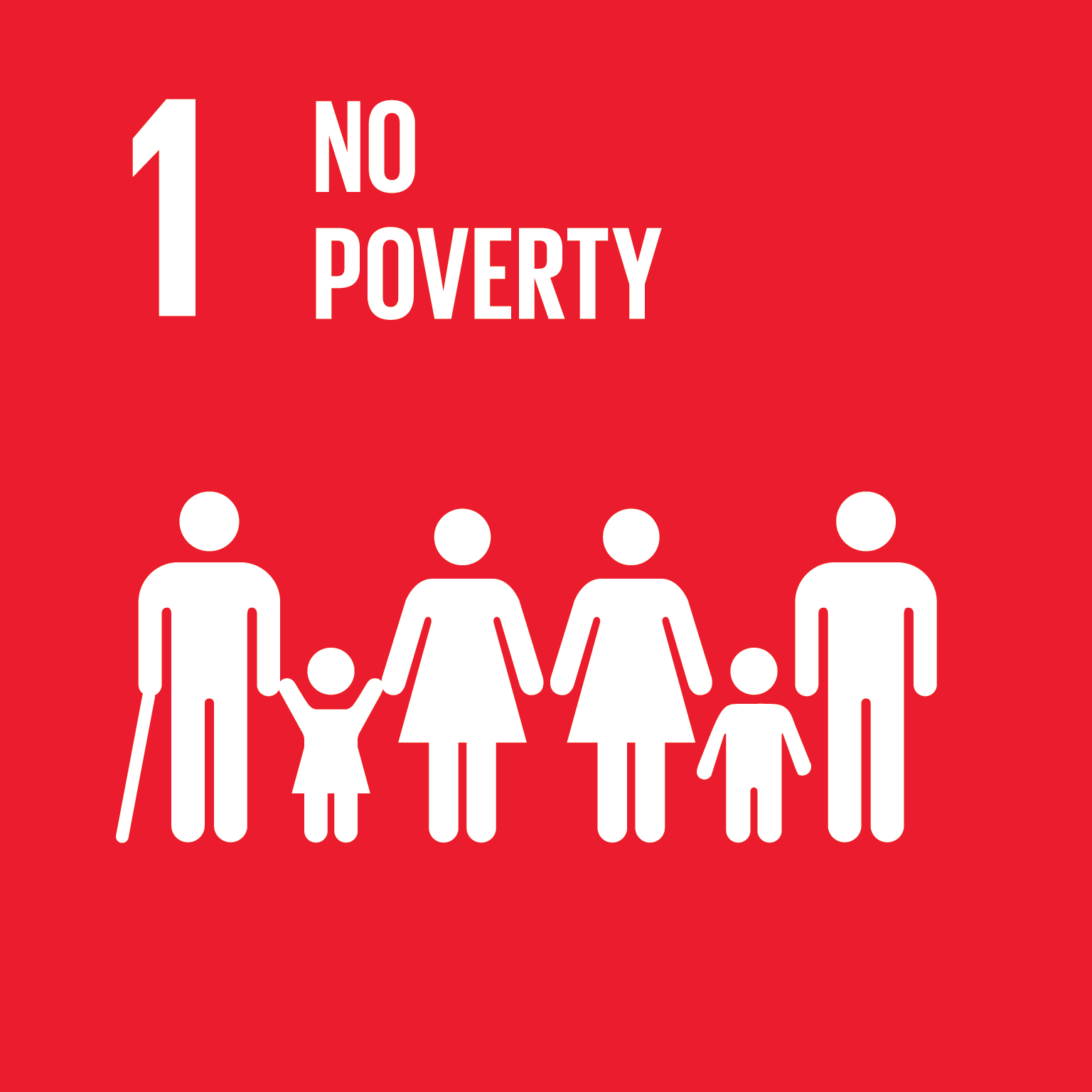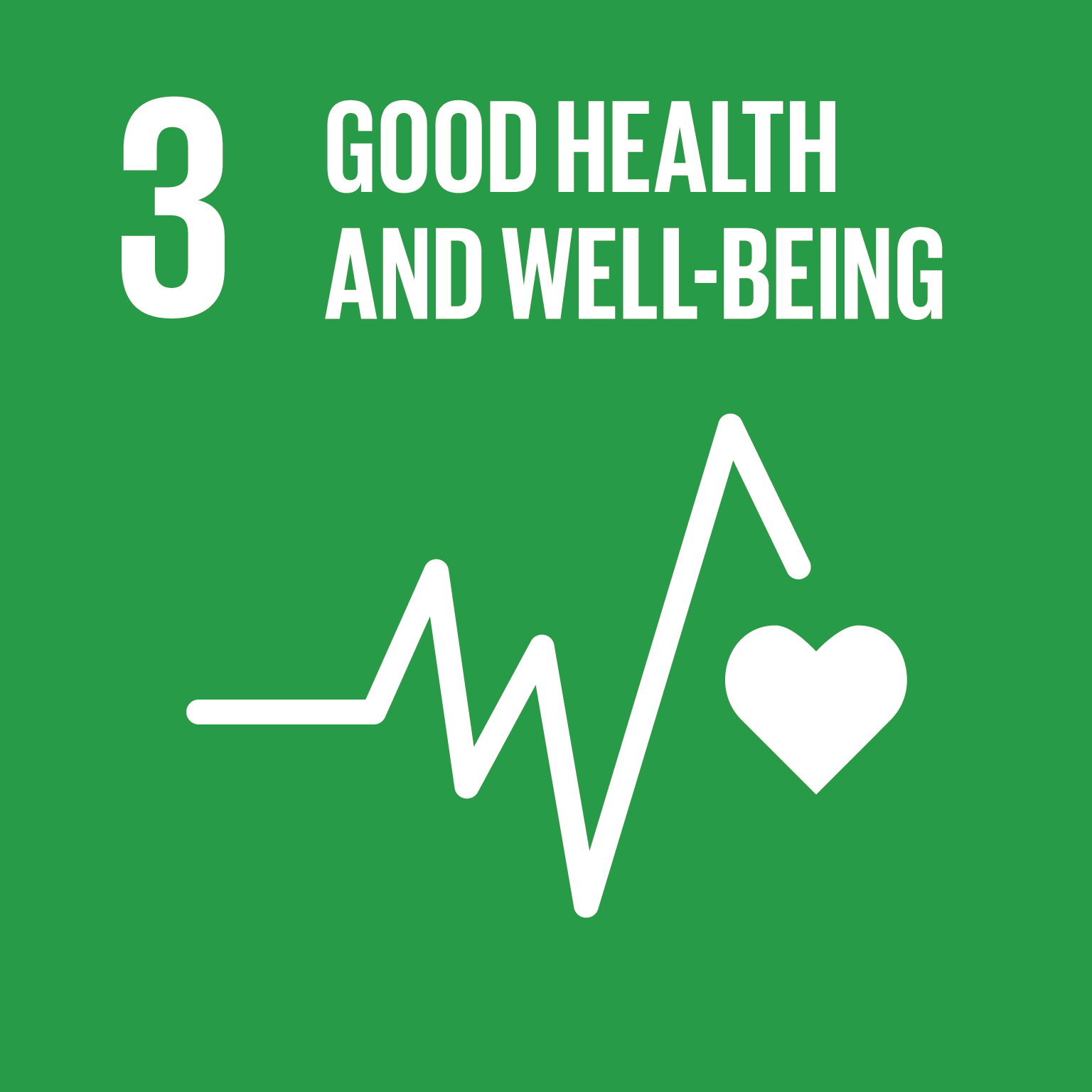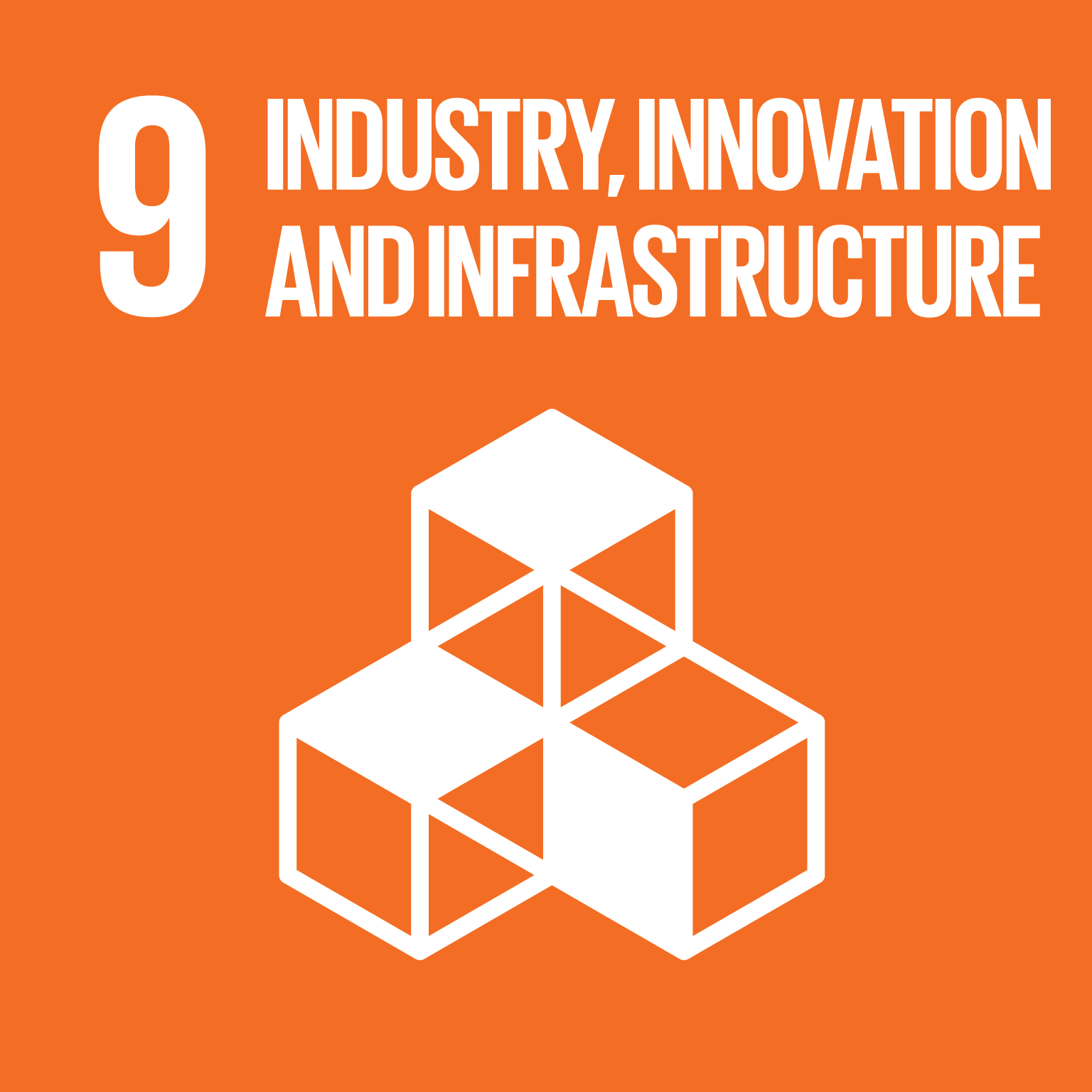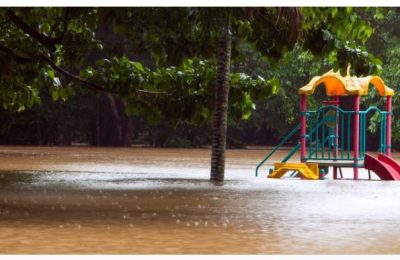Several success stories from around the world demonstrate the potential for improving food security through innovative approaches. These examples highlight the importance of tailored strategies, local engagement, and technological advancements in addressing food security challenges.
Nepal’s Feed the Future Initiative: In Nepal, the Feed the Future program, led by the United States Agency for International Development (USAID), has made significant strides in enhancing food security. The initiative focuses on improving agricultural productivity, nutrition, and market access for smallholder farmers. By working closely with local farmers and businesses, the program has facilitated livestock rearing and established marketing chains, leading to increased incomes and improved food supply for the local population. For example, the program has supported the adoption of improved agricultural practices and technologies, such as high-yielding seed varieties and drip irrigation systems. This has not only addressed immediate food needs but also promoted long-term economic sustainability by empowering farmers and supporting local businesses. As a result, the program has contributed to a reduction in the prevalence of stunting among children under five and has helped lift thousands of families out of poverty.
Ghana’s Agricultural Development: Ghana has implemented successful agricultural policies and investments that have increased food production and reduced poverty. The country has focused on improving agricultural infrastructure, providing support to smallholder farmers, and promoting the use of modern farming technologies. The Ghanaian government has invested in the construction of irrigation systems, which has allowed farmers to grow crops throughout the year, rather than being limited by seasonal rainfall. Additionally, the government has provided subsidies for agricultural inputs, such as fertilizers and seeds, making them more accessible to smallholder farmers. These efforts have led to higher crop yields, increased food availability, and improved livelihoods for many rural communities. As a result, Ghana has made significant progress in reducing hunger and malnutrition, and has become a leading exporter of agricultural products in the region.
Terraxy’s Desert Agriculture: In Saudi Arabia, Terraxy has developed innovative solutions for growing plants in desert environments, where traditional agriculture is challenging due to the scarcity of water and fertile soil. The company has created biodegradable mulch and soil conditioners that help retain moisture and improve soil quality, allowing crops to grow in arid regions. This technology has enabled the cultivation of crops such as tomatoes, cucumbers, and melons in areas with limited agricultural potential. By reducing the reliance on imported food and utilizing previously unproductive land, Terraxy’s desert agriculture solutions contribute to food security in Saudi Arabia and other countries facing similar challenges.
Brazil’s Zero Hunger Program: Brazil’s Zero Hunger Program, launched in 2003, aimed to eradicate hunger and reduce poverty in the country. The program consisted of a comprehensive set of policies and initiatives, including income transfer programs, school feeding programs, and support for small-scale family farming. One of the key components of the program was the Bolsa Família, a conditional cash transfer program that provided financial assistance to low-income families, with the condition that they keep their children in school and ensure they receive regular health check-ups. This program helped to increase the purchasing power of vulnerable households, enabling them to access nutritious food. Additionally, the program supported the development of family farms by providing technical assistance, credit, and infrastructure improvements. As a result, Brazil made significant progress in reducing hunger and malnutrition, and the Zero Hunger Program has been recognized as a successful model for addressing food insecurity.
Kenya’s One Acre Fund: The One Acre Fund is a non-profit organization that supports smallholder farmers in Kenya and other African countries by providing them with access to financing, agricultural inputs, and training. The organization offers a comprehensive package of services, including credit for purchasing seeds and fertilizers, training in sustainable farming practices, and market access support. By empowering smallholder farmers with the necessary resources and knowledge, the One Acre Fund has helped to increase crop yields and incomes, enabling farmers to improve their food security and livelihoods. The organization has reached millions of farmers, demonstrating the potential of targeted support and capacity-building initiatives to enhance food security at the local level.
These success stories illustrate the diverse range of approaches that can be effective in addressing food security challenges. They highlight the importance of collaboration between governments, businesses, and communities, as well as the role of innovation and technology in developing sustainable solutions. By learning from these examples, other countries and regions can adapt and implement similar strategies to improve food security and build more resilient food systems.
